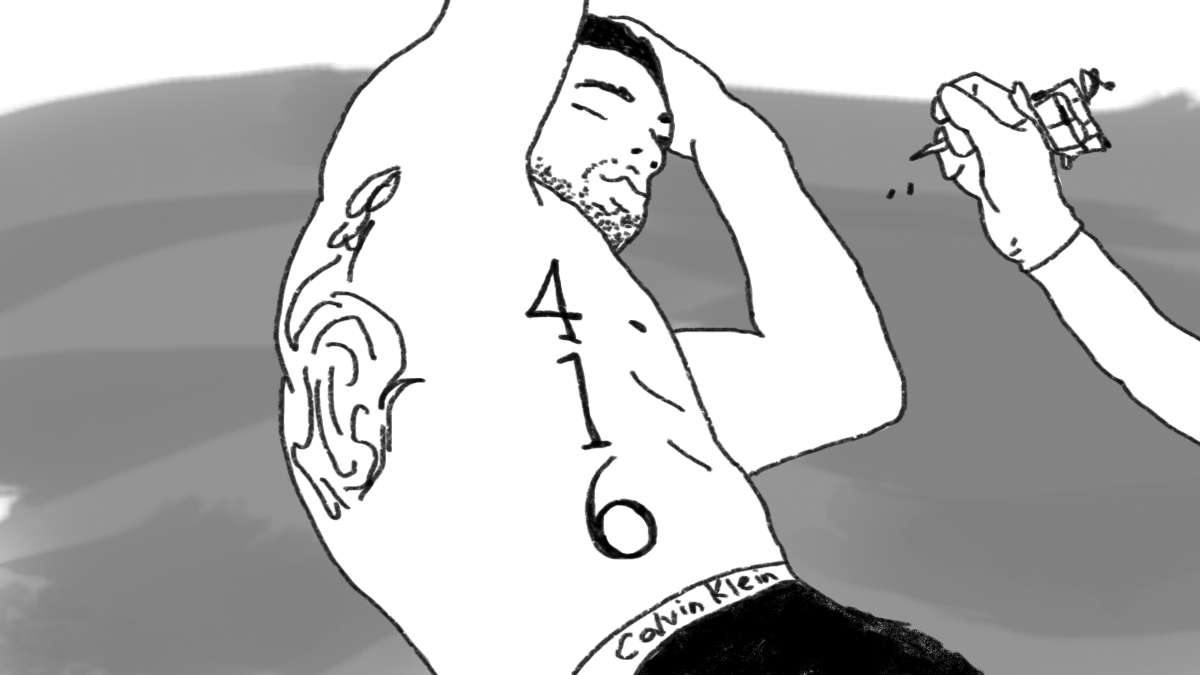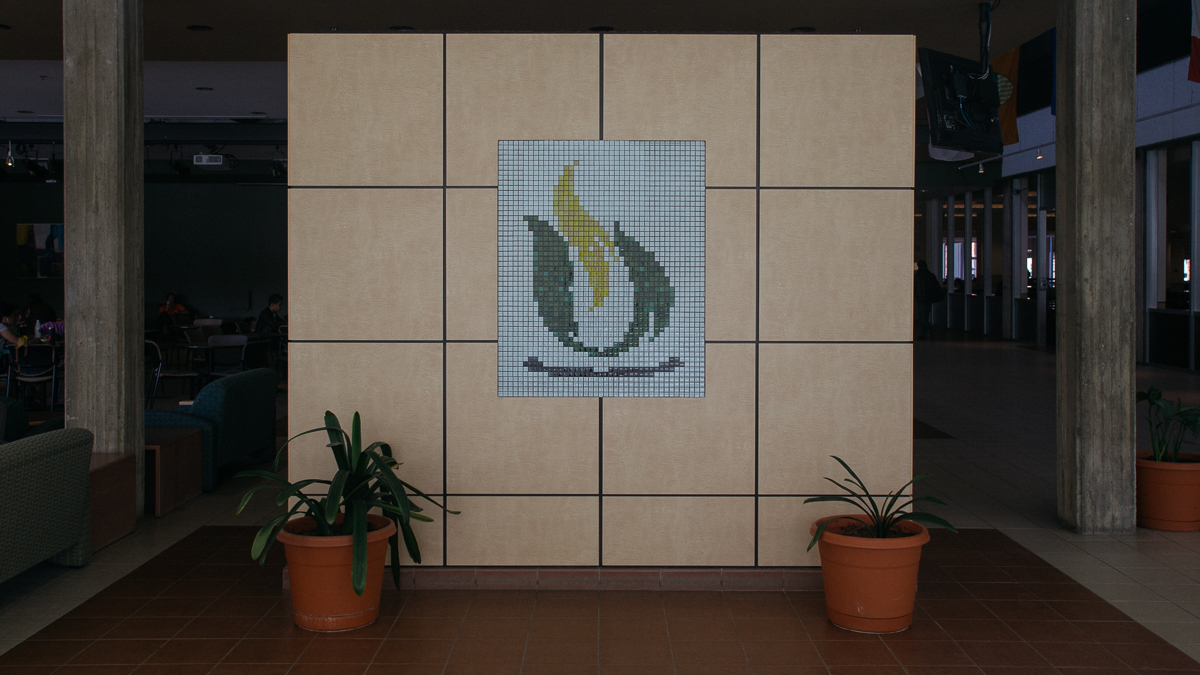 Alex Patterson
Alex PattersonOften taken for granted, our phone numbers not only become fused with our sense of self, they embody our urban identity and speak volumes about the world we live in.
Seven digits, preceded by a group of three, which in turn is preceded by a 1, form who we are. We scribble them on business cards, napkins, and forearms, jotting towards infinite inseparability. Not only do they form a strong tie with us — a pre-assigned, reproducible part of our identity that we spray whenever and wherever we like — they also factor into how we relate to where we live and reflect how, especially in North America, we live trapped in a bubble.
Our relationship with our phone numbers transcends that of a mere portal for others to reach us. We develop a comfort — an overwhelming complacency — that binds us to them. We cycle through multiple phones, some of us changing our devices every couple of years, a shift that is relatively trivial. The prospect of changing our numbers on the other hand, is daunting. First there are practical considerations: the need to update everyone in our social circle on our new identity and commit seven new digits to memory, and the vast array of business and personal connections we make with our number. What if we forget to update someone?
Then there is the looming cloud of despair as we carry on with our new self, the core of our being coldly stripped and reassigned by our corporate masters. The first few days of this new existence are marked by the constant presence of that lump right below the sternum, the hefty burden of unease. We struggle, as if floundering out of a movie theatre on a sunny day, when asked to provide our phone number, trying desperately to avoid that old self.
While the seven digits mark us out as individuals, we are also defined by our three digit area codes. It is a higher level of existence, the realm of 780s, 587s, and 403s. We derive a sense of unity from this level, three digits that bind us with our neighbours in urban camaraderie. I recall a recent discussion with a friend who was telling me about reviewing resumes earlier that day. “Hmmm, Calgary…” He had remarked as he read through an application with a 403 number. These three digits do more than merely identifying us by city. They embody the perception of a sort of urban colonialism, with smaller municipalities adopting the area codes of larger cities nearby. For some, this is a source of pride. In a recent discussion with a workmate, he proudly pointed out a map approximating area code coverage which showed the 403 portion was substantially smaller than the 780 portion, blissfully unaware that area codes are based on population density — with the 403 group emerging triumphant on that front.
Beyond our individual and municipal identities, all North Americans live under the number 1. Many travellers from Canada point out the relative simplicity in dialling back home when abroad. It marks us out, elevating us. In our own little bubble, our place at the centre of the universe, we peck around like goldfish, ignoring the world, content with the mediocrity dropped from above by our three masters. We live on, shared by three companies as we pay some of the highest phone bills in the world for the worst service. While people elsewhere pay considerably less for plans that include considerably more, we remain content with the near monopoly we’ve given our boardroom overlords.




